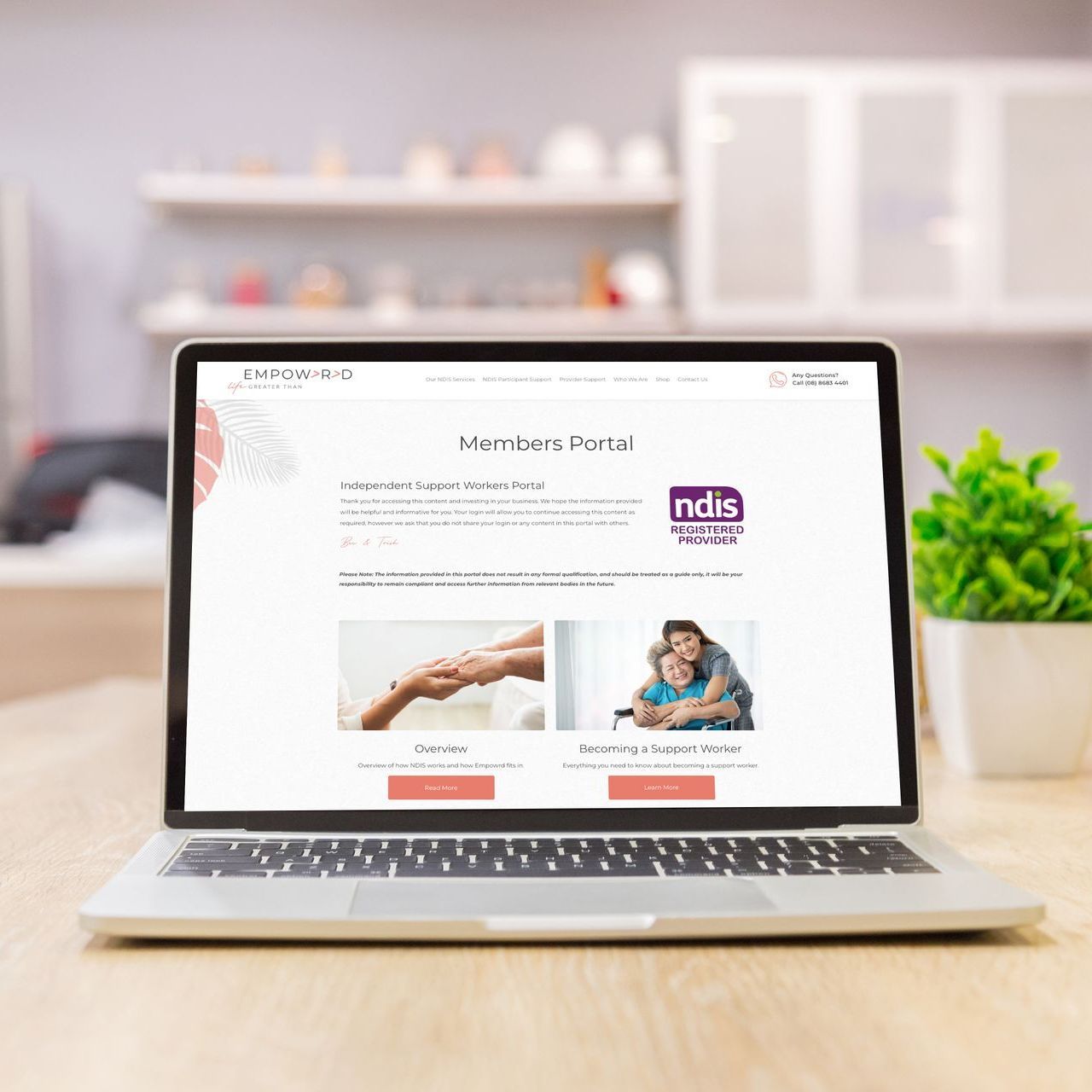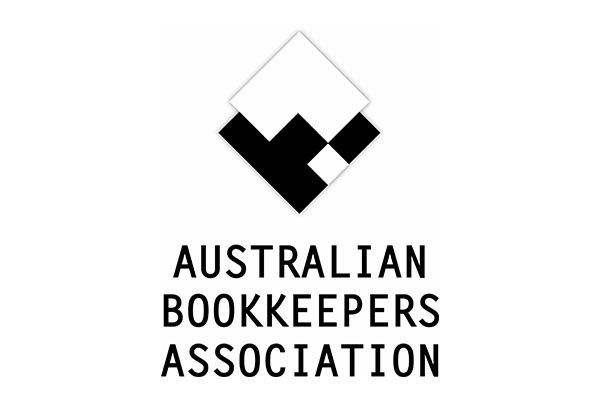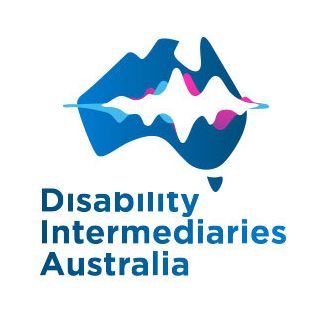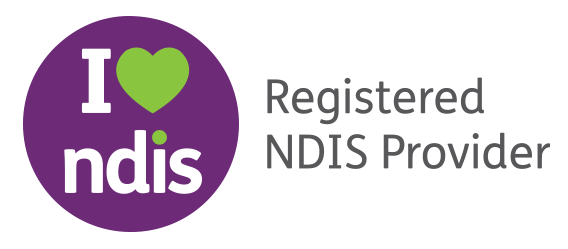Participant Enquiries
Understanding NDIS Jargon: Breaking Down Key Terms

Navigating the National Disability Insurance Scheme (NDIS) can feel overwhelming, especially with the amount of jargon and technical terms used. Whether you’re a new participant, a carer, or simply looking for clarity, understanding these terms can help you make informed decisions about your plan and supports. In this blog, we break down common NDIS terminology and what it means for you.
Common NDIS Terms Explained
1. National Disability Insurance Scheme (NDIS)
The NDIS is a national system that provides support to Australians with disabilities, their families, and their carers. It funds a range of services to help participants achieve their goals, increase their independence, and participate in the community.
2. National Disability Insurance Agency (NDIA)
The NDIA is the government agency responsible for implementing and managing the NDIS. It makes decisions about eligibility, funding allocations, and plan approvals.
3. Reasonable & Necessary Supports
A key principle of the NDIS, reasonable and necessary supports are those that help participants achieve their goals, increase independence, and participate in the community. To be funded, a support must:
- Be directly related to the participant’s disability.
- Represent value for money.
- It should not be covered by other government services (like Medicare or education).
- Be likely to provide benefits to the participant.
🔹 Example: A wheelchair for improved mobility or occupational therapy sessions to build life skills.
4. Core, Capital & Capacity Building Supports
NDIS funding is divided into three main categories:
- Core Supports: Everyday essentials like personal care, transport, and social inclusion activities.
- Capital Supports: High-cost items such as assistive technology and home modifications.
- Capacity Building Supports: Services that improve independence, such as therapy, skills training, and employment support.
🔹 Example: Speech therapy (Capacity Building), a mobility scooter (Capital), or in-home support (Core).
5. Plan Management
This refers to how your NDIS funds are managed. There are three options:
- Self-Managed: You handle payments and budgeting yourself.
- Plan-Managed: A registered Plan Manager manages your funds, pays invoices, and helps you track spending.
- NDIA-Managed: The NDIA pays providers directly, but you are limited to NDIS-registered providers.
🔹 Example: If you want more flexibility in choosing providers, Plan Management gives you access to both NDIS-registered and non-registered providers.
6. Support Coordination
A Support Coordinator helps participants understand and implement their plan by:
- Connecting them with service providers.
- Helping them navigate the NDIS system.
- Ensure that their support aligns with their needs and goals.
🔹 Example: If you’re unsure where to start after receiving your NDIS plan, a Support Coordinator can help you find the right services.
7. Service Agreement
A Service Agreement is a formal contract between an NDIS participant and a service provider that outlines the support to be delivered and the costs and responsibilities of both parties.
🔹 Example: Before starting therapy, a participant and their occupational therapist sign an NDIS Service Agreement detailing session frequency and costs.
8. Service Booking
A Service Booking is made through the NDIS portal, allocating funding to a specific provider for agreed-upon services. This ensures the provider is paid for the services they deliver.
🔹 Example: A participant books funding for weekly physiotherapy sessions through the NDIS portal.
9. Local Area Coordinators (LACs)
LACs work for NDIS partner organisations and help participants access the NDIS, develop their plan, and connect with local services.
🔹 Example: Your LAC may assist in preparing for your plan review or linking you to community programs.
10. Plan Reviews
Each NDIS participant undergoes a plan review to ensure their funding continues to meet their needs. This can be:
- Scheduled Review: Typically occurs annually.
- Unscheduled Review: Can be requested if circumstances change.
- Change of Circumstances Review: If a participant’s situation has significantly changed (e.g., increased support needs), they can request a plan reassessment.
🔹 Example: If your disability support needs increase, you may request a review to adjust your funding.
11. SIL, STA & MTA
These are different types of accommodation support funded by the NDIS:
- SIL (Supported Independent Living): Ongoing support to help participants live as independently as possible, often in shared housing.
- STA (Short-Term Accommodation): Also known as respite care, providing temporary accommodation and support.
- MTA (Medium-Term Accommodation): Temporary housing for participants while they wait for permanent accommodation.
🔹 Example: If you need short-term respite care, you might access STA funding in your plan.

12. Assistive Technology (AT)
This refers to equipment or devices that help participants complete daily tasks and improve independence. Assistive technology is categorised by complexity:
- Low-cost AT: Items like modified cutlery or noise-canceling headphones.
- Mid-cost AT: Includes mobility aids like walkers.
- High-cost AT: Requires NDIA approval, such as prosthetics or communication devices.
🔹 Example: If you need a wheelchair or adaptive equipment, you may be funded under the Capital Supports budget.
13. Psychosocial Disability
A term describing disabilities arising from mental health conditions that significantly impact a person’s ability to participate in daily activities.
🔹 Example: Someone experiencing severe anxiety may require support for community engagement and employment.
Navigating NDIS Terminology with Confidence
The NDIS is designed to empower individuals with disabilities. Understanding the jargon helps participants make informed decisions about their funding and supports. If you’re unsure about terms or need guidance, seeking professional support can make the process smoother.
How Empowrd Can Help
Based in Port Lincoln, Empowrd supports NDIS participants with expert Plan Management and Eyre Peninsula Support Coordination.
We help you:
✔️ Understand and manage your funding.
✔️ Connect with the right service providers.
✔️ Navigate the NDIS system with confidence.
Call (08) 8683 4401 or
visit our website to learn more.

NDIS Plan Management and Support Coordination
At Empowrd, we are here to make your life easier. Based in Port Lincoln on the Eyre Peninsula, we offer a personal, accessible and holistic approach to NDIS Plan Management and Support Coordination.
We provide Plan Management services across Australia, assisting with financial administration, and offer Support Coordination to participants in Port Lincoln and Eyre Peninsula, connecting them with the right supports and providers. Our goal is to ensure your NDIS plan works for you, so you can focus on achieving your goals and doing what you love.

Want to Become a Support Worker?
Our Independent Support Workers Education Portal provides everything you need to navigate the NDIS, find work, and confidently offer services as an Independent Support Worker. For just $65, you will gain access to comprehensive guides, essential resources, and ready-to-use templates to streamline your work.
Inside, you will find:
- A clear breakdown of how the NDIS works
- Tips for finding jobs and delivering services
- Step-by-step guidance on invoicing and support planning
- Ready-to-edit templates for quotes, service agreements, invoices, and case notes
Need just the templates? You can also purchase them separately as standalone resources.
I hope you enjoy reading this blog post.
If you are ready to be Empowrd to live your life to the fullest, let us steer you on the right path.
Be EMPOWRD to Live Your Best Life
If you’re ready to be empowered to live life on your terms, we’re here to help guide the way. At Empowrd, we offer a personal, accessible, and holistic approach to NDIS Plan Management and Support Coordination. We’ll ensure your plan works for you, allowing you to focus on your goals and the things you love most.














